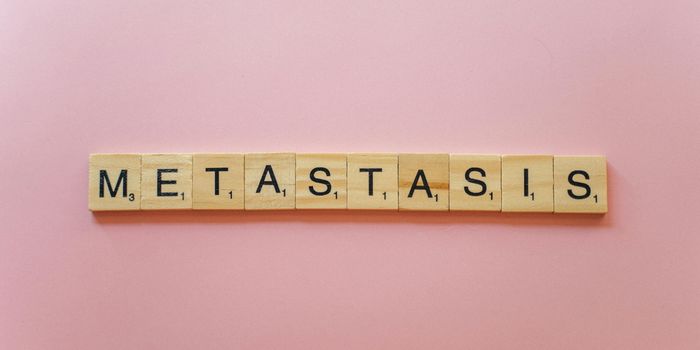Here’s yet another reason to limit alcohol intake, especially for females: Researchers at the University of Houston found that alcohol increases the expression of the cancer-driving gene
BRAF, which then increases the overall risks for breast cancer in women. The
new study results provide information about how lifestyle choices can directly influence our health risks, the awareness of which could promote healthier behavioral changes.
This year, an estimated 246,660 women in the US will be diagnosed with breast cancer, which currently ranks as one of the most common causes of cancer deaths in American women. The disease risk is influenced by environmental factors, including modifiable behaviors such as alcohol consumption. Studies have established a positive correlation between the two factors, showing that increased alcohol intake leads to increased risks for breast cancers. Alcohol consumption is also associated with increased recurrence in postmenopausal women and those with early stage breast cancer.
“Alcohol consumption is prevalent among women in the U.S. and is a risk factor for breast cancer," said Chin-Yo Lin, assistant professor at the University of Houston, and senior study author.
Alcohol-associated breast cancers tend to have receptors for the hormones estrogen and progesterone, deemed as ER-positive and PR-positive. These types of cancers respond to estrogen and progesterone hormone signals, which promote their abnormal growths. But how alcohol impacts or interacts with the regulation of estrogen receptors is not known. Thus the researchers sought to find out exactly how alcohol influences estrogen and its receptors in breast cancer cells.
In treating breast cancer cells with alcohol and then analyzing it for changes in genetic expression, the research team found that alcohol changed the many cancer-related pathways and mechanisms. Specifically, alcohol increased cell proliferation and growth factor signaling, leading to overall cancer cell growth.
Alcohol also increased the expression of the ER target gene
GREB1 and the proto-oncogene
BRAF, providing direct mechanistic links between the environmental cue (alcohol) to the hormone estrogen and a cancer-causing gene. "Our research shows alcohol enhances the actions of estrogen in driving the growth of breast cancer cells and diminishes the effects of the cancer drug Tamoxifen on blocking estrogen by increasing the levels of a cancer-causing gene called
BRAF," said Lin.
The results of this study are informative for young college-age women, who may be exposed to social environments that involve heavy drinking. It is important for them to be aware of the long-term breast cancer risks that are modified by alcohol consumption. In addition, the study results also impact women who undergo hormone replacement therapies, as alcohol could modify the effects of estrogen and progesterone, thus changing their risks for breast cancer too.
"We hope these and future findings will provide information and motivation to promote healthy behavioral choices, as well as potential targets for chemoprevention strategies to ultimately decrease breast cancer incidents and deaths within the next decade," said Lin. "We want to provide women, in general, with more information and insight to be better able to balance their consumption of alcoholic beverages with the potential health risks, including cancer patients who may want to take into consideration the potential detrimental effects alcohol consumption might have on treatments and modify their behavior and habits accordingly."
Additional sources:
EurekAlert!


















































